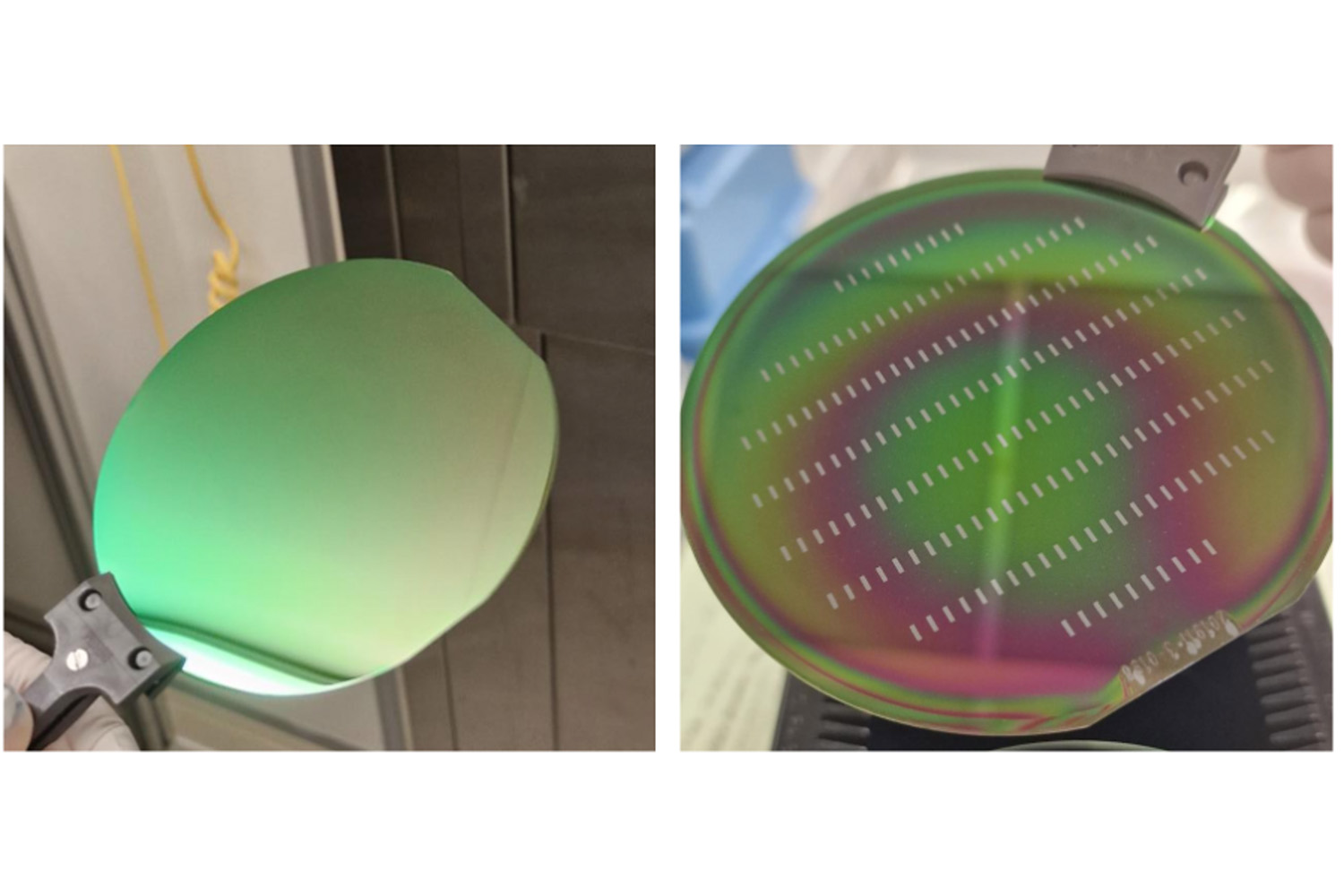MRI-resistant sensors for cardiac catheterisation
Catheters allow a doctor to reach the heart and associated small blood vessels through blood vessels in the body. However, the current generation of pressure and temperature sensors in catheters cannot withstand the...
Centre of Expertise Digital Operations & Finance

Catheters allow a doctor to reach the heart and associated small blood vessels through blood vessels in the body. However, the current generation of pressure and temperature sensors in catheters cannot withstand the strong magnetic fields used in MRI imaging. Also, the number of possible sensors is limited by the required electrical wires. The MRI Proof Sensors Suitable for Catheterization (MPSC) project is therefore researching a new generation of catheter sensors. The Smart Sensor Systems research group is doing this in collaboration with Fontys and Saxion, laboratories such as Else Kooi Laboratory and CITC Nijmegen, but also with High Tech companies such as Somni, Delta Diagnostics, VanderHoek Photonics, Unitron, CDLeycom and Mensura Trading.
In this project, by cleverly combining key technologies photonics and microtechnology, researchers will develop new sensor techniques that will enable next-generation catheter tip sensors. With these sensors, it will be possible to combine measurements with MRI imaging, thus creating new research opportunities for physician/researchers to measure during MRI imaging. There is great interest in this innovation.
Research purpose
The aim is to make future monitoring capabilities more diverse, accurate and comprehensive to provide effective medical interventions. With better preventive diagnostics and new options for cardiovascular Research, for example, the number of victims of cardiovascular disease can be reduced.
Research
The research is divided into four work packages:
-
Development of pressure and temperature sensors based on two design methods;
-
Research on the influence of shrinking an ultrasonic MRI device and study on the parametres of the microfabrication process. The most suitable method for measuring lactate concentration is also being sought;
-
Design of a readout system;
-
Development of a demonstrator that integrates pressure and temperature sensors with the readout system. This system is modularly expandable for future catheter point sensors.
Researchers from the Smart Sensor Systems research group focus particularly on work packages 1, 2 and 4.
Collaborating partners
Besides The Hague University of Applied Sciences as coordinator, the consortium consists of the following partners:
-
Saxion University of Applied Sciences, NanoFysica research group
-
Fontys University of Applied Sciences, research group Applied Natural Sciences, themes 'Detection and Measurement' and 'Thin Films & Functional Materials'
-
CD Leycom
-
Unitro
-
Delta Diagnostics
-
Somni Solutions
-
VanderHoekPhotonics
-
Technobis
-
Mensura Handel
-
CITC
-
Dutch Optics Centre (DOC)
-
Else Kooi laboratory
Intended duration of the project
February 2022 – September 2024
Study programmes involved
Minor Microtechnology, Processing and Devices (MPD)
Finance
This research is funded by a RAAK SME grant from SIA.
Project leader
Dr Lodewijk Arntzen, Lecturer/Researcher Applied Physics - Nanotechnology, [email protected]
Team
Daan Boesten, junior researcher, [email protected]
John Bolte, Professor Smart Sensor Systems, [email protected]